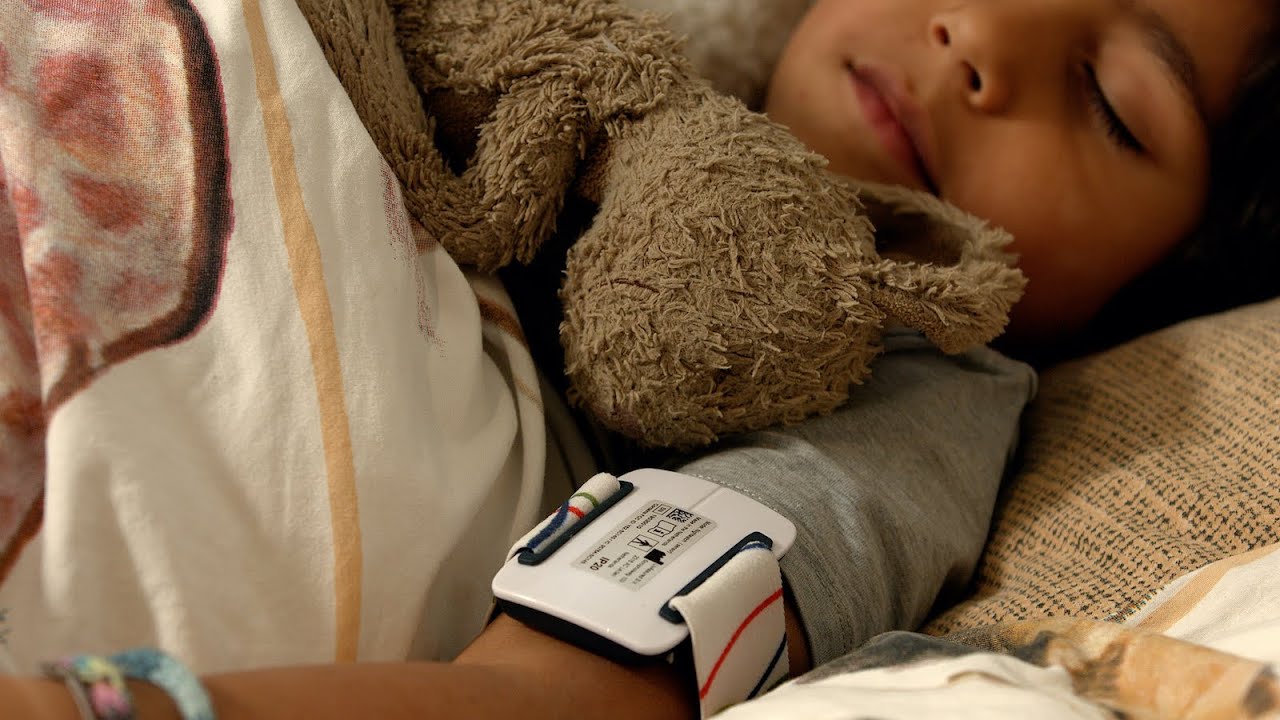
Children need sleep to develop their brains and recover from the day’s experiences. This is especially true for children, whose brains develop rapidly. Getting a good night’s sleep is critical to good health, especially if you’re trying to get your autistic child to sleep in bed. But sometimes it seems that no amount of bribery can help your child go to sleep. You’ll have to find ways to get your child to go to bed – and here are a few tricks to help you.
Aromatherapy oils can help autistic children sleep
The use of certain essential oils can help a child with autism sleep. These oils are generally soothing and can help reduce stress levels. Lavender is an excellent essential oil to use for this purpose, as it can help calm a child’s mind and aid in improving their sleep. Lavender is also an effective sedative oil, and can be applied to a child’s neck if they’re feeling anxious or stressed.
Essential oils are very soothing and can help with the child’s agitation, so the oil should be diluted with a carrier oil. Typically, children can use one or two drops of the essential oil on their skin, but some may need to dilute them with a carrier oil. Some oils, like rosemary, are recommended for children with ASD. Other popular essential oils for children with autism include lavender, peppermint, and cedar wood.
Bergamot oil can reduce muscle tension, which is another common symptom of autism. Bergamot also has antibacterial properties and is known as a mood enhancer. Young people with autism can benefit from the use of cedarwood oil, which promotes serotonin production in the brain. Melatonin is known to promote peaceful sleep. Copaiba oil has an overall calming effect. It is ideal for autistic children.
It’s important to note that children with autism often struggle to develop a regular sleeping pattern and to remain asleep throughout the night. This may be due to excessive arousal and agitation. Aromatherapy massage has also been used in dementia, and has been found to help people with the condition sleep better. While the effects may be more significant when applied in the home environment and as part of a longer-term intervention, it’s still recommended that parents contact a healthcare professional before administering the oil to their child.
Essential oils can be purchased in the form of diluted forms. Some essential oils are therapeutic grade, and the quality of these products may depend on the company that makes them. There are no FDA regulations for the use of essential oils, but reputable companies will print their labels to show they are therapeutic-grade. Before using essential oils, make sure that they’re pure, as many oils contain high concentrations and may burn the skin. If possible, test a small area of the skin to ensure there are no side effects.
Many essential oils have proven to be effective in helping autistic children sleep. Aromatherapy oils can be used for calming anxiety and increasing concentration. In addition to helping children sleep, they also help them focus during the day. Children with autism often experience problems with transitions and this can be a major challenge for them. However, with the right aromatherapy oils, it can help them feel better about themselves and the world around them.
Quiet room
The first step in making your autistic child’s room a quiet place to sleep is to get rid of as much visual clutter as possible. Children with autism have a hard time perceiving social cues and may have difficulty interpreting them. They may also have a co-occurring neurological or medical condition. For example, a child with epilepsy may have racing thoughts or increased fears. These factors can all interfere with sleep.
An alternative to eliminating lights and furniture is to incorporate swings. Swingings are known to calm autistic individuals and are excellent for regulating their emotions. These swings can be attached to a ceiling joist and should be sturdy enough to accommodate different weights. If this is not possible, you can also try using hammocks. These can also help with sensory needs. The last tip for creating a quiet room for autistic children is to choose a room that is not too bright.
Parents of autistic children often find it difficult to get their child to sleep by lying with them. This reinforces their need for their parents. Leaving your child to cry it out will make the situation worse, so try a different approach. The best way to ease your child’s fears is to gradually fade your presence. A chair next to the bed can help a child feel secure enough to fall asleep. If this doesn’t work, you can try a white noise machine or a glowing nightlight.
If your autistic child is having trouble sleeping, you might want to consider a quiet room for your child. This room can help them get the rest they need. If your child is not sleeping because of sensory issues, it’s time to seek medical help. Your doctor may be able to recommend changes in the environment and routine to help them sleep. There are many options available to help children with autism get the rest they need.
Early bedtime snack
Eating an early bedtime snack can help your autistic child sleep better at night. Snacks should have complex carbohydrates and protein, rather than simple sugars, which can make sleep difficult. You can also choose a healthy oil with omega-3 fatty acids, as these are known to help children sleep. You can also discuss the importance of nutrition with your child, as it can affect sleep patterns.
Bananas: A great snack for your child can be a banana. Bananas are high in magnesium and potassium, both of which are known for their relaxing effects. Bananas also contain the amino acid L-tryptophan, which is converted to 5-HTP and serotonin in the brain. Both serotonin and melatonin are relaxing neurotransmitters.
Avoid using technology right before bedtime. Children with autism tend to be overstimulated by the blue light from their devices and may have trouble falling asleep. Avoid interrupting the nighttime routine, as children need time to process new information. Besides, using technology right before bedtime may disturb the child’s sleep patterns. Instead, try to stick to the bedtime routine that you’ve established together.
Another effective way to get your child to sleep early is by giving him a bedtime snack. Children with autism need adequate sleep to grow and learn. While establishing an appropriate sleep schedule may take some time, it will eventually become second nature. And don’t be afraid to experiment. It may work for you! Keep experimenting! Your child may benefit from unique solutions. If they respond well to the right snacks, your child will sleep soundly at night.
Avoid snacks that contain caffeine. Caffeine is a stimulant and will keep your child awake. It can also increase the frequency of bathroom trips at night and can cause a child to stay awake for hours. And remember to stick to healthy snacks. If they’re not healthy, it isn’t going to help. A healthy snack before bedtime will go a long way in helping him sleep.


